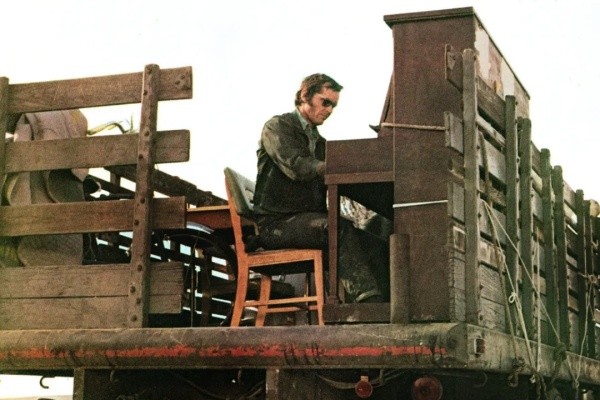This Chadian film, about the taboos of teenage pregnancy and abortion in a restrictive patriarchal society, is an important story to be told, even though it feels too straightforwardly familiar a tale to resonate deeply.

Review #2,440
Dir. Mahamat-Saleh Haroun
2021 | Chad | Drama | 88 mins | 2.39:1 | French
Not rated – likely to be NC16 for some mature themes
Cast: Achouackh Abakar Souleymane, Rihane Khalil Alio, Youssouf Djaoro
Plot: Amina, a practising Muslim, lives with her daughter, 15-year-old Maria. When Amina learns Maria is pregnant and wants to abort the child, they face an impossible situation in a country where abortion is legally and morally condemned.
Awards: Nom. for Palme d’Or (Cannes)
International Sales: Films Boutique
Accessibility Index
Subject Matter: Moderate – Religion; Abortion
Narrative Style: Straightforward
Pace: Slightly Slow
Audience Type: Slightly Arthouse
Viewed: Screener
Spoilers: No
Like Yuni (2021), an Indonesian film about one teenage girl’s resistance to an arranged marriage, Lingui, the Sacred Bonds is about a young pregnant girl who attempts to seek an illegal abortion in Chad. Both narratives are about female defiance and resistance in the face of regressive traditions or restrictive laws.
Both are also straightforwardly familiar tales that a seasoned cinephile would find fascinating only because of their geo-cultural contexts. As such, a film like Lingui would feel refreshing to some, but unassumingly mid-tier to others.
From acclaimed Chadian writer-director Mahamat-Saleh Haroun, Lingui doesn’t quite resonate deeply, but you can tell that it is well-crafted and beautifully shot with a love for the landscapes.
Its orangey-brownish colour tone radiates warmth in the daytime, but at night it is cold and silent, particularly contributing to the film’s most disquieting scene involving the terrified protagonist.
“Our religion forbids it. We can’t do it.”
While largely predictable in terms of its plotting, the film does become more intense and frenetic in emotion and craft in the climax.
By exploring a moral quandary as faced by a mother and her daughter, Haroun brings to light the psychological and physical violence that men inflict on women—be it the overbearing nature of religion as characterised by an annoying priest who expects no one to ever miss a day of church, or husbands and neighbours who harbour unforgivable thoughts of gender superiority.
The performances are convincing, though not particularly striking, with much of the film relying on them when the storytelling becomes more cursory.
Grade: B
Trailer:











